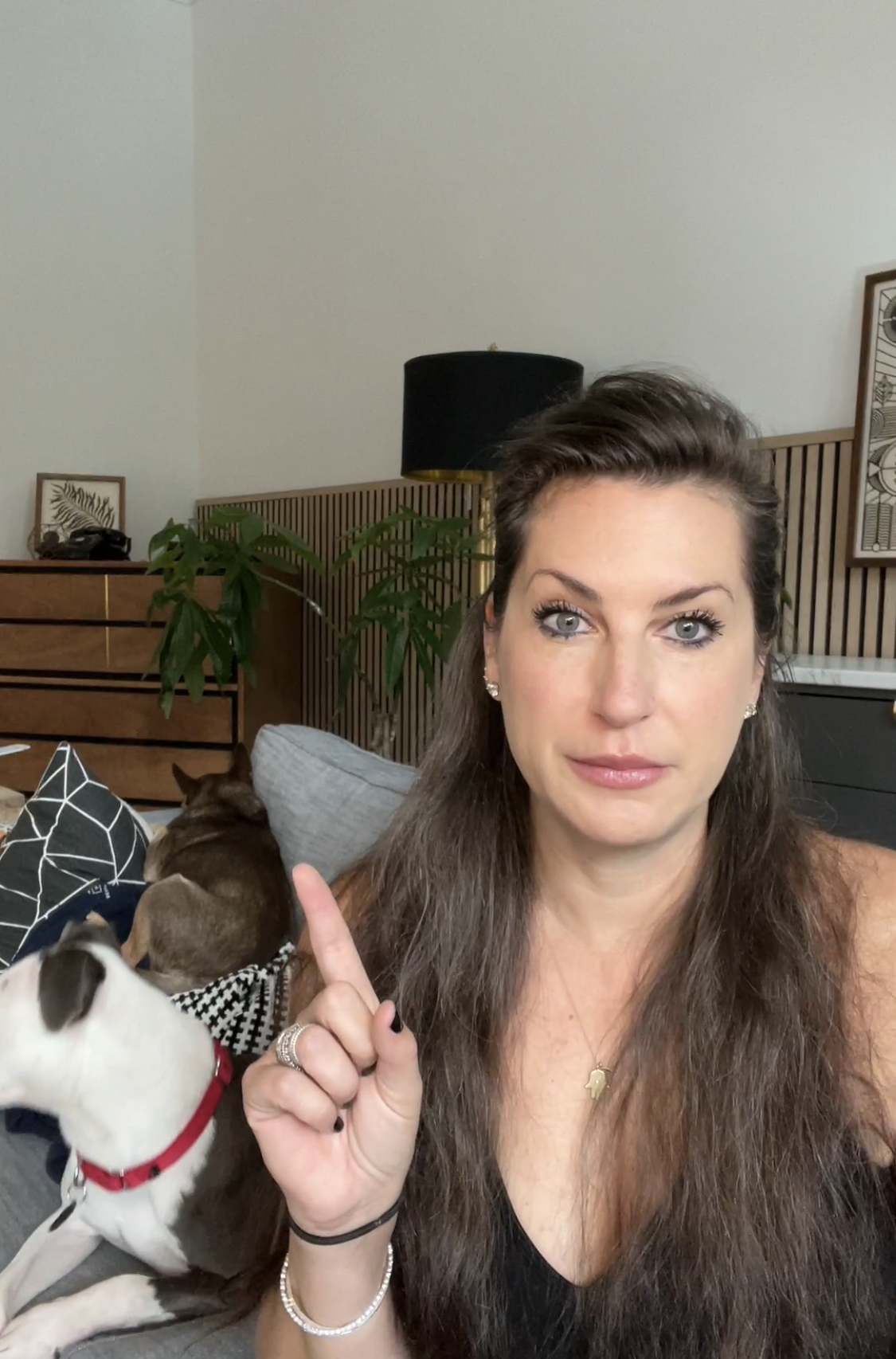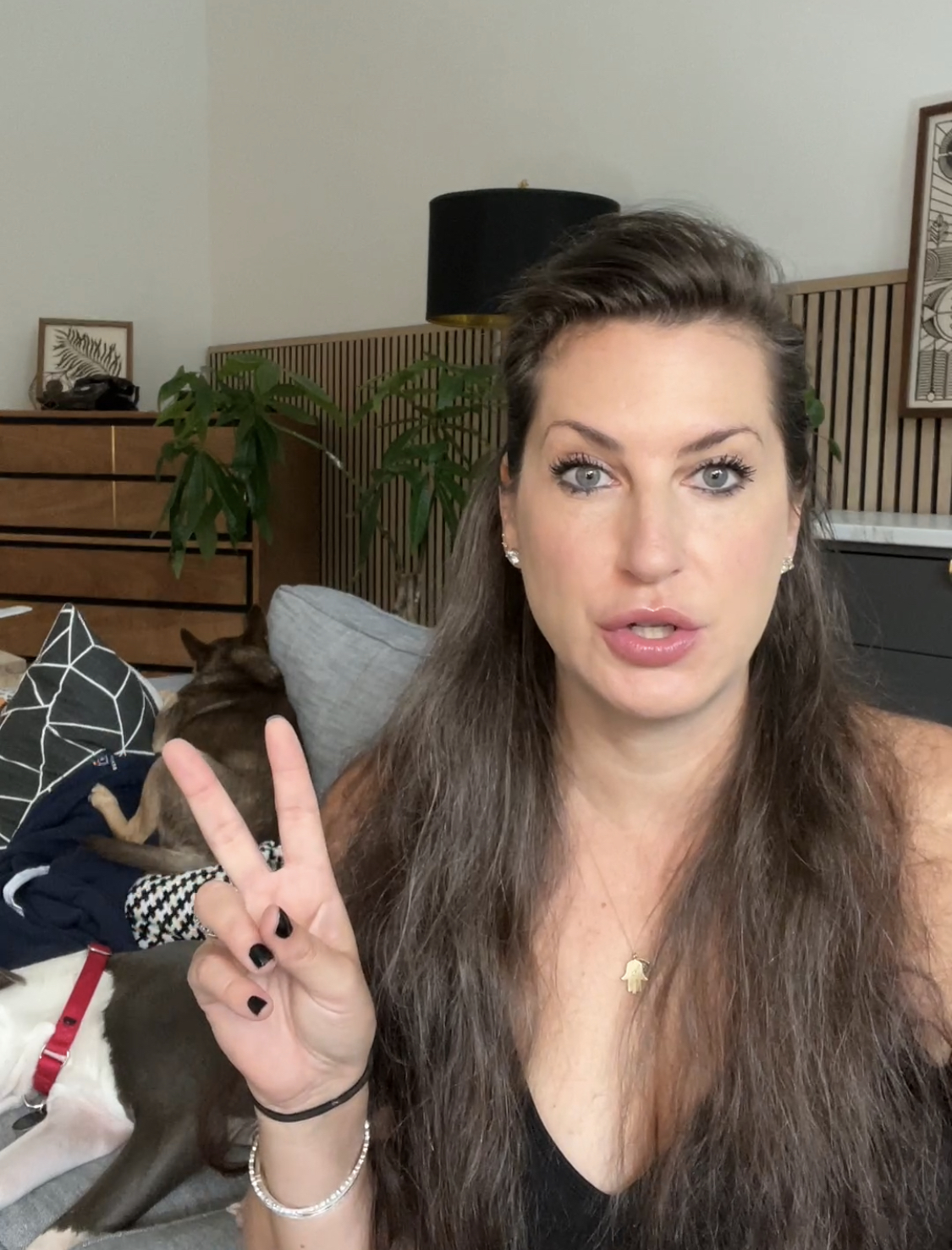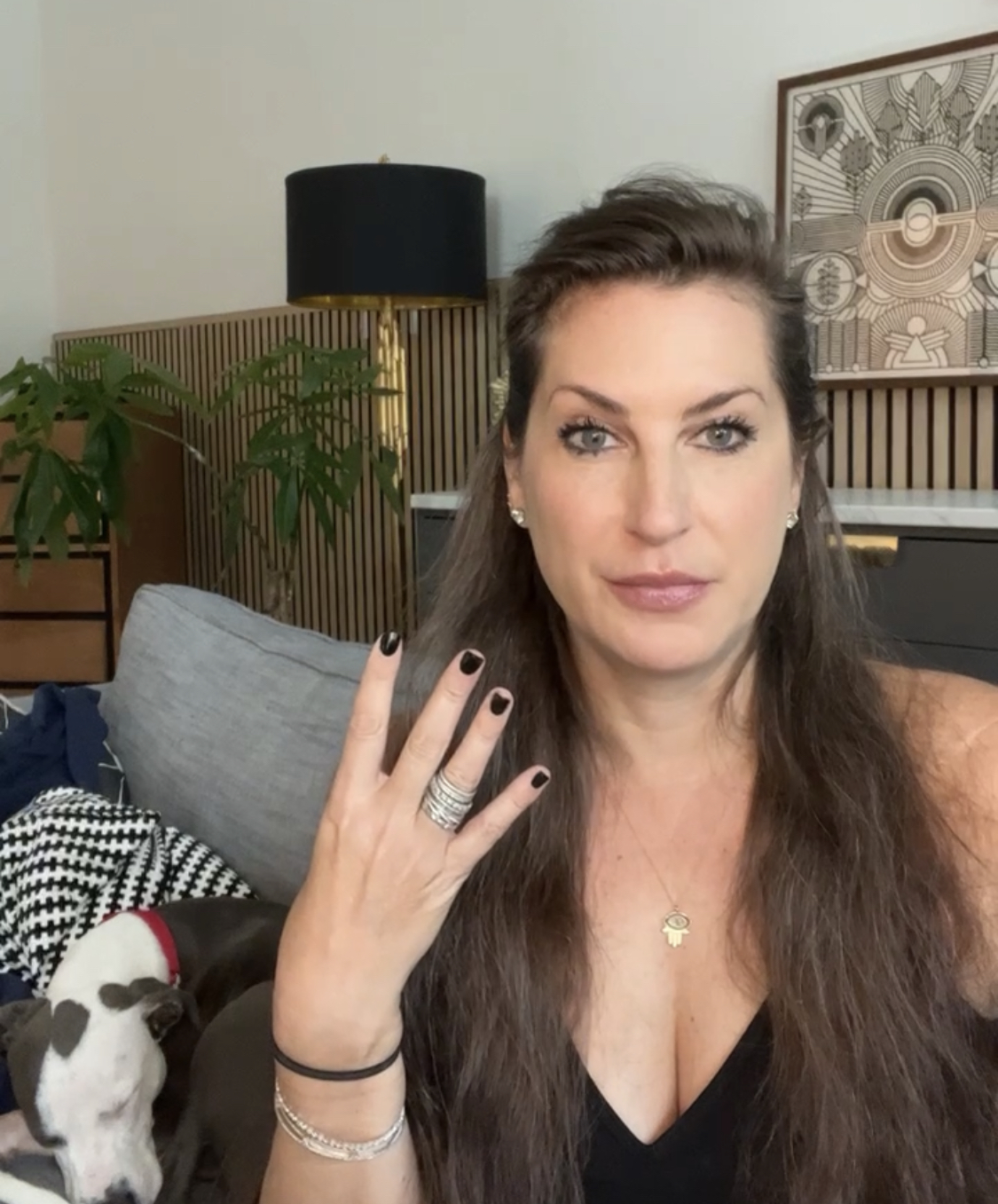Having any chronic illness lasting beyond a few weeks can feel isolating at best. As time marches on, things can feel hopeless. Here are Four Painful Truths in Chronic Illness and Coping Mechanisms to help you work through each of them.
1. Friends and family may bail.
In the beginning you may have an abundance of people who try to reach out, make a meal, or care-take. But over time when you do not heal at a pace that pleases them, people may start to vanish; or at least it feels that way. It doesn’t mean they don’t love you. It doesn’t mean they don’t still care. But there is something about chronic illness and lack of resolution or completion that leaves people uncomfortable and not knowing how to respond, especially if you have stopped accepting social invitations or have become unavailable due to illness

How to cope:
CAUTIOUSLY find people in your community of similar symptoms or journeys to lean on for support and connect with online or in person. I say cautiously because during this time, you may feel tempted to fall into a pit of despair with other unwell people. Some of them, even well-intentioned, do not serve themselves or others in the ways they identify and embrace their illnesses. Look for people who can be supportive, uplifting, and who are committed to healing (rather than identifying as their disease). Do not fall into the trap of competition of who’s worse off. Remember the goal is to heal.
Second, find forgiveness. Forgiveness is not about letting someone “off the hook,” it is about setting yourself free. Holding onto wishes and what-ifs of how people should show up for you will continue to eat at your spirit. Set your boundary, reframe your expectations, and let that shit go. Pour that limited energy into your healing only.
2. Everyday may look different. Even every hour or minute.
You may find that you have a few hours in the morning where you feel stable, before crashing in the afternoon. Or maybe you wake up foggy and achy, only to have it lift by lunch. Sometimes you have a brief window in a day where you actually feel good and think a shopping trip or lunch with a friend feels reasonable, only to crash minutes later.

How to cope:
You’ve heard the phrase – energy flows where the attention goes. This is the time to apply it. When you feel sick, do what you need to nurture your body. A bath, a nap, a cup of broth, meditation. BUT, do not feed the feelings that come with the illness. Insidious thoughts are powerful and they will try to creep in every time. “I’ll never get better” “My pain is so bad it will never leave” “My life is terrible”. We are only human for feeling those, but they are not the path to wellness. When you have moments of stability and okay-ness, CHRONICLE them! Write a note to yourself about how you feel, take a photo outside in the sunshine smiling and create a caption to go with it. You’ll need this documentation for #3 below.
3. You may forget what “normal” feels like.
Some days will be so hard that feeling normal or healthy seems impossible. It also is hard to even REMEMBER what feeling well is like. In fact, you may look out your window and wonder how in the world all these people get up, get dressed, drive, go to work, and gasp, even do things for fun that don’t include laying in bed.

How to cope:
Here’s where those journal entries and letters to yourself come into play. I used to write down things I was able to do (go to a party or spend time with a friend) so that I could look back and realize that not every moment of everyday was spent in bed or on the sofa. It was hard to believe unless I read and saw it for myself. But here’s where the big work comes in. It’s not your fault that you get potentially trapped in a cycle of illness. There are all sorts of external and internal triggers (viruses, foods, stress, inflammation) that can contribute to this. But your brain becomes trapped in a fight or flight pattern (yes even when you feel “calm”). The reptilian center of your brain is working very hard to protect you from harm, and in doing so may keep your body believing it is under constant threat. There is work we can do on this to help release that pattern and forge a new one. If you haven’t read my post on NEUROPLASTICITY go read that HERE! Even when I was treating mold with 40 different supplements, it wasn’t until I started helping my brain retrain to understand I wasn’t under constant threat that I made progress. I’m not alone. The Gupta Program has helped SO MANY and is a great place to fall back to when you flare up.
4. People will refuse to believe you.
Pe0ple, including doctors, may write off your symptoms, your story, and will dismiss you. They may tell you it’s anxiety or stress. Even when seeing lab reports and tests that indicate otherwise, it happens. And it’s not just healthcare practitioners. People in your life my think your testimony sounds impossible, because honestly some of the symptoms we experience are so bizarre they sound like science fiction.
How to cope:
Remember that community of people mentioned up above? CONNECT with them! Avoid hyperfocusing, but having people who understand, who you can bounce ideas off of, who you can lean on when you are in rough shape is 100% crucial for your emotional survival. Avoid isolation at all costs. Find your folks and stick with them.
The ongoing list of unspoken truths in chronic illness goes on. Those of us who have lived in this space for a long time are no strangers to them. And wishing away disease is not a thing, or we’d all be in perfect health. But there are ways we can move through tragic times and improve and even heal to a highly functioning place again. It takes a lot of commitment and helping our brains and bodies get on board as well.


this is so true. as a person coming from the other side wellness I keep telling myself that was once my truth is no longer my truth. I am healing. I am healthy and strong. Thank you for this beautiful post.
Yes ma’am! You are all those things!
This rings true for me and I’m grateful to you for writing and posting it. It helps to see that many of my experiences will illness are not unique, though they feel that way sometimes, as if no one else gets it. Instead of going “dark” and beginning to doubt my own perception of my experience, I’ll read this post again and seek out my fellow travelers. Neuroplasticity! Yes! I’ll read up and try to apply it.